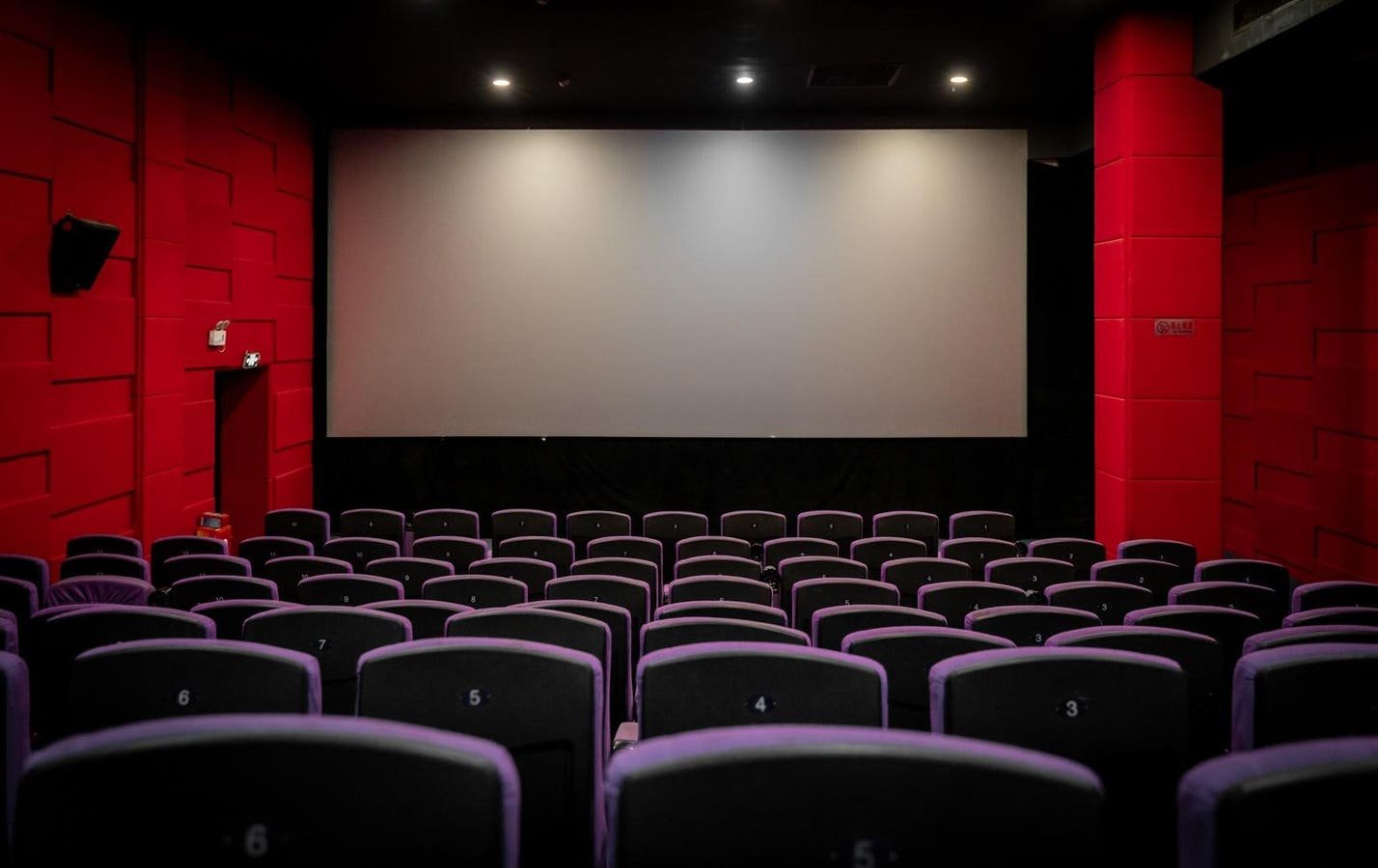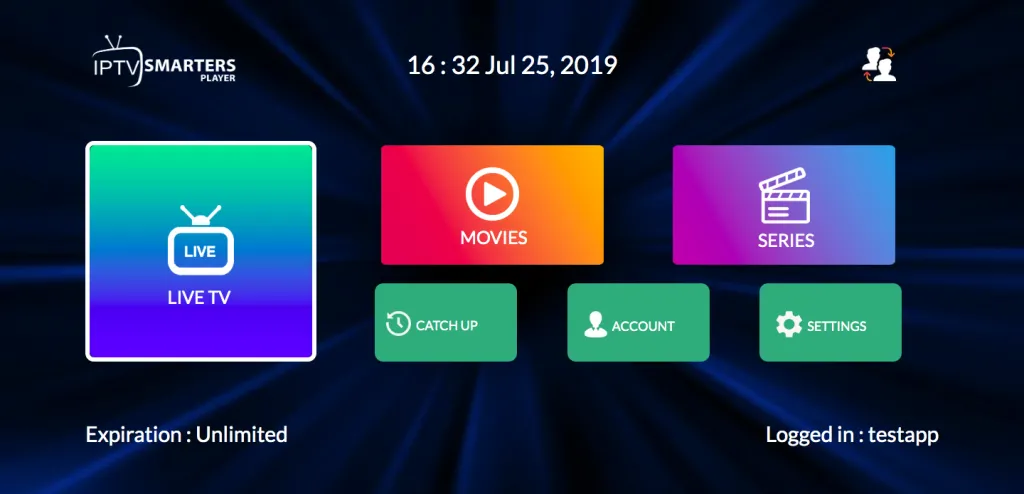
Fim Festivals are losing out on disabled talent and cultural insights
Though much important work remains to be done, the past few years have witnessed the building of a significant head of steam when it comes to campaigning for more authentic disability representation in films and TV.
However, whilst growing scrutiny has been placed on how disability is depicted, or sadly, all too often excluded from the finished product, less attention has been paid to a serious accessibility barrier impacting film creatives with disabilities at the very grassroots of the industry. Film festivals are the lifeblood of the business and provide both aspiring filmmakers and those already inside Hollywood’s walled gardens with invaluable networking and career development opportunities.
Earlier this month, a collective comprising FWD-Doc which stands for Filmmakers with Disabilities, Film Event Accessibility Working Group and the Film Festival Alliance released their “Accessibility Scorecard Impact Report.” The report looked at accessibility data from 75 film festivals and events from around the globe taking into account the experiences of 353 respondents. The online questionnaire was originally launched in July 2022 and goes beyond just viewing experiences to also incorporate red carpet, stage, networking and related events.
Amongst the headline figures from the Accessibility Scorecard Impact Report are that 75% of respondents with disabilities reported some form of inaccessibility during their film festival experience. Forty-six percent felt that venue accessibility was not accurately reported on the event website, 41% reported that there was not an accessible seating process in place, 47% of disabled attendees felt that festival volunteers were not trained on access features whilst 60% said that panels and Q&As they attended were not moderated accessibly.
All in all, only five out of a total of 75 film events scored above the median. These were Superfest Disability Film Festival, BlackStar Film Festival, International Queer Women of Color Film Festival, Access:Horror Film Festival and New Orleans Film Festival.
Stymied career progression
Cassidy Dimon, founder of the Film Accessibility Working Group which includes ReelAbilities New York and the Sundance Institute among its members says in an interview undertaken over email, “When filmmakers are barred access to attending their own screenings and Q&As, they are gatekept from being able to build the grassroots following many filmmakers need to sustain their careers and prove to industry folks that their films are worth engaging with.”
She continues, “Many larger festivals are also marketplaces, this is a place of work for filmmakers. It’s where doors are opened to funders, distributors and other festival programmers. When filmmakers are denied access to these festivals due to inaccessibility it prohibits them from being able to do their jobs. Similarly, inaccessibility at festivals prohibits disabled film critics, publicists and other industry members from being able to do their jobs.”
It is a stance firmly echoed by FWD-Doc’s Interim Director Amanda Upson:
“Filmmakers need access to festivals to progress in their careers. Festivals offer opportunities for training, professional development, mentoring, networking, exhibition, access to funding, and more,” Upson says.
“If you are working in entertainment, you want to attend film festivals and events for the same reason you’d go to CES or AWS if you’re working in consumer tech or cloud computing.”
Of course, these access barriers seen at the grassroots have a direct cut through to on-screen disability representation, which, without disabled voices in the room, risks being inauthentic or left out altogether. The cost to the film industry, as Upson explains is not simply cultural marginalization, which is bad enough, but has serious financial repercussions.
“The long-term consequence for the industry is being deprived of fully accessing the $13 trillion in disposable income held globally by the disability community,” Upson explains.
“Just go and ask studios about underperforming ‘inspiring’ films about disability. Recently, I had a chairman of a studio asking me why a couple of their disability-related films didn’t perform. It was because they had no disabled leadership who knew how to tell disabled stories or market them. The industry is constantly looking for new, untold perspectives; disabled filmmakers have that as well as tangible skills built from having to trailblaze and make a path where there was none before.”
“Without the representation, stories about disability are often told, marketed and distributed by people without the lived experience of disability leading to inauthentic representation and sometimes exploitation,” Dimon says.
“If we aren’t in the room to advocate for more funding, to pitch authentic stories or program them, we are denying a key demographic a seat at the table. As we have learned over the years recently through other DEIA initiatives (that often leave out the A), this lack of representation at every part of the process means we aren’t able to advocate for what we need or the stories we want to tell.”
A unique art form
Co-director and co-producer of the Oscar-nominated documentary, Crip Camp and Co-Founder of FWD-Doc and the 1in4 Coalition Jim LeBrecht says that there is a unique beauty in disability-informed filmmaking.
“I believe that those with a lived experience with a disability or disabilities are natural problem solvers.” LeBrecht says.
“We live in a world that was built with the mindset of not expecting or wanting us. To survive, we develop creative skills and approaches in our everyday lives, and that experience is embedded in our art. We are driven people who value the hard-earned gains we made.”
He continues, “When I think of documentary filmmakers like Reid Davenport and his film, I Didn’t See You There or Alison O’Daniel and her film The Tuba Thieves, I know I have witnessed remarkably engaging films that would not or could not be created by a non-disabled filmmaker simply by virtue of their lived experiences.
“Disability for me and many others is our culture. It is our shared experience that explodes with each person’s one-of-a-kind variation on a theme of life, art and reflection. To quote the great, late artist, Neil Marcus, ‘Disability is an art – an ingenious way to live’. To prevent anyone having access to us and our art is a failure. The consequence of this erasure, this exclusion, is up to all of us to ponder and decide for ourselves.”
As part of its recommendations for making film festivals and events more accessible, the coalition is recommending a commitment to measurable accessibility goals along with dedicated budget allocation.
These objectives include live captions for panels and Q&As, the provision of Low-sensory spaces, closed captions for films, the provision of American Sign Language (ASL) or an applicable sign language interpreter where appropriate, easy to find accessibility information on festival websites and ensuring that event staff are knowledgeable about the access services that were advertised.

